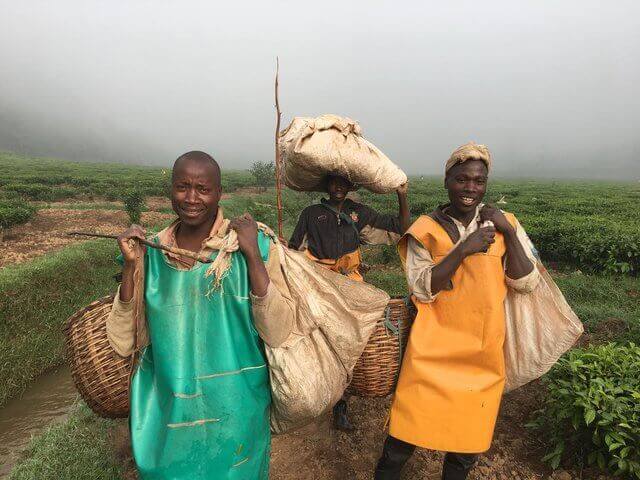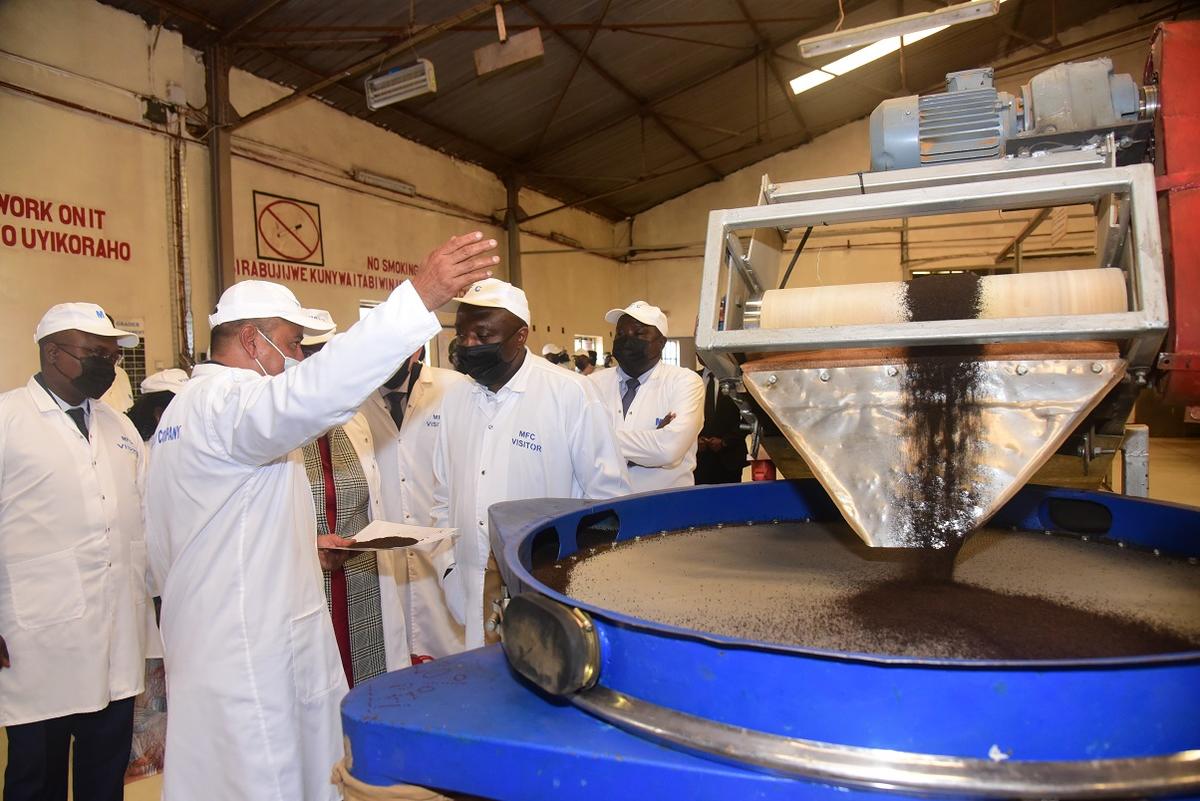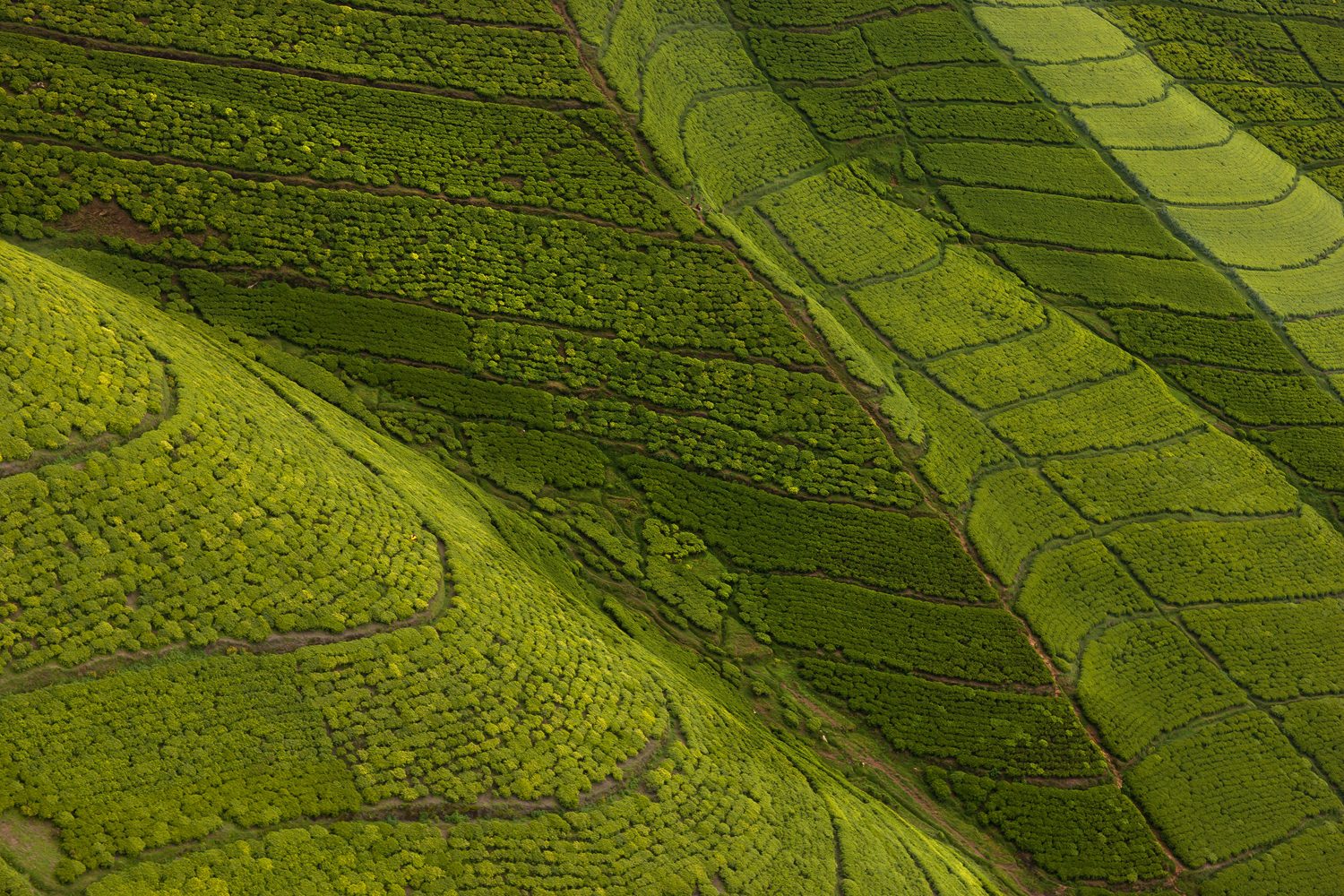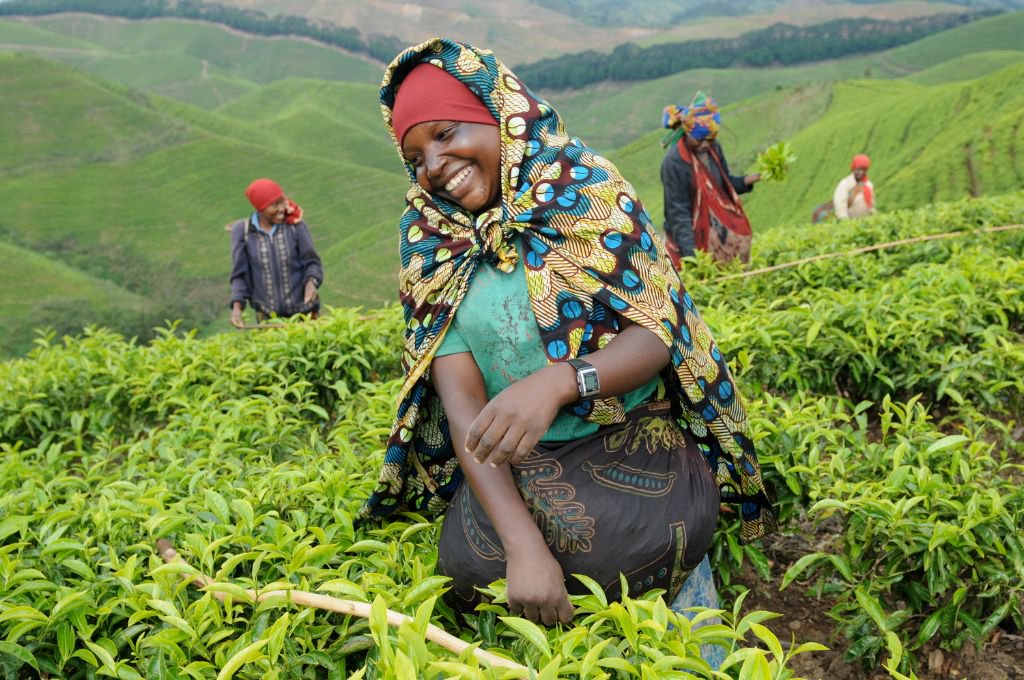
- Inspiring People -
- 5mins -
- 520 views
Rwanda’s biggest tea factory handed over to its farmers to help them earn more
Rwanda’s Prime Minister has officiated at a ceremony to sign over full ownership of Mulindi Tea Factory – the country’s largest – to its 5,000 smallholder farmers, in a move expected to help them gain maximum profits from tea sales.
Rwanda’s biggest tea factory given to smallholder farmers
On Monday, 28 March, Prime Minister Edouard Ngirente officiated at the ceremony to hand over Mulindi Tea Factory – Rwanda’s largest tea factory – to 5,000 smallholder farmers in Gicumbi District, a move expected to help farmers get more profits from tea sales. It becomes the first factory to be fully owned by smallholder farmers, according to information from the National Agricultural Export Development Board (NAEB). — NewTimes

President tells farmers to build on gains made
According to a report in The New Times, the development was achieved after the Wood Foundation Africa and Gatsby Africa transferred their shares in the factory to Gicumbi-based smallholder tea cooperatives.
The two philanthropic investors had acquired the factory when it was privatised by the Government of Rwanda in 2012.
Following the privatisation of Mulindi Tea Factory in 2012, the Wood Foundation and the Gatsby Foundation through their regional philanthropy joint company, East Africa Tea Investments (EATI), acquired majority shares 55% in Mulindi Tea Factory.
Tea farmers owned 45% of the factory shares. The foundations said that over the last 10 years, they provided a combination of finance, technical, managerial and governance support to turn the factory business around.
Now, the factory is owned 100% by farmers, through two smallholder tea cooperatives – Cooperative du Thé Mulindi (COOPTHE) and Cooperative du Thé Villageois Mulindi (COOTHEVM) and their umbrella investment vehicle, Mulindi Tea Company (MTC).
BUILD ON ACHIEVEMENTS
Ngirente told the farmers to build on the gains made in order to continue producing more and quality tea, thanking the Wood Foundation for its support through joining the Mulindi factory company since 2012.
“This noble initiative has improved the income, skills, knowledge and livelihoods of smallholder tea farmers of Mulindi region. The Government of Rwanda commends you for all the philanthropic activities in tea business in Rwanda,” he said.
Source: NewTimes.co.rw
![The philanthropic investors said that they had recovered their share capital and they were handing over the [factory] business to farmers at no return. “Nothing will give us greater pleasure than to have this business really succeed and to see the farmers making good money,” Wood observed. — Monday, March 28, 2022 in Gicumbi District.](https://www.brightvibes.com/wp-content/uploads/legacy/phpDg9O7l.jpeg)
Scots oil tycoon gives Rwandan tea factory to local smallholders
Scottish oil tycoon Sir Ian Wood, whose wealth is valued around £1.8bn ($2.35bn), was in Rwanda to sign over the Mulindi factory to those who cultivated the tea, in a move that will further increase direct profits for growers, reported The Scotsman last month.
The Wood Foundation, the charity set up by the North East family, acquired the tea factory in 2012 with Lord Sainsbury’s Gatsby Charitable Foundation after the plant was privatised by the Rwandan Government.
Since the purchase, when 45 % of shares were given to smallholders, around £11m ($15m) has been invested in factory improvements and agricultural training with the foundation assisting in building markets and corporate governance.
With Sir Ian now satisfied the factory is a well run-business, the 55% stake held by the philanthropists has been handed over to the farmers so they can run it themselves.
Sir Ian, who attended the handover ceremony at the tea factory with Prime Minister of Rwanda, Édouard Ngirente, said: “It’s been a matter of great pride and satisfaction for Lord Sainsbury and I to work with the tea farmers at Mulindi.
"It was difficult to begin with but with the investments and significant training programmes the farmers performance and their income have greatly improved.
"We are very pleased to be handing over a well-established successful company and will continue to provide some support for an interim period.”
Dr Gerardine Mukeshimana, Rwanda’s Minister for Agriculture and Animal Resources, said the handover was a “historic moment” for Mulindi’s tea factory, adding “I am so happy to see this empowerment at the rural level. "
She said the exit of The Wood Foundation and the Gatsby Charitable Foundation underscored their “commitment to farmers’ empowerment” and “confidence in the people and country of Rwanda.”
Sir Ian is best known for his work with the Wood Group, an oil services company which he transformed from a modest-sized company in Aberdeen to one that operated in 50 countries, employing some 35,000 people.
Source: TheScotsman

Tea still Rwanda’s top cash crop for export
Tea remains Rwanda’s top agricultural export revenue earner, according to the New Times. In 2021, Rwanda earned more than $96 million from exporting over 35 million kilogrammes of tea compared to over 32 million kilogrammes sold for more than $90 million in 2020, according to data from the National Agricultural Export Development Board (NAEB).
The factory has improved the lives and livelihoods of those living in the Mulindi region through various achievements which were possible thanks to factors such as the factory processing capacity doubling from 60 tonnes to 120 tonnes of green leaf per day.
And, the average farmer annual gross income increased from $1,412 in 2013 to $2,881 in 2021.
Green leaf production increased from 13.5 million kilogrammes (30 million pounds) in 2013 to 18 million kilogrammes (40 million pounds).
Also, more than 5,000 farmers have been trained on best practice tea management skills.
Source; NewTimes.co.rw



